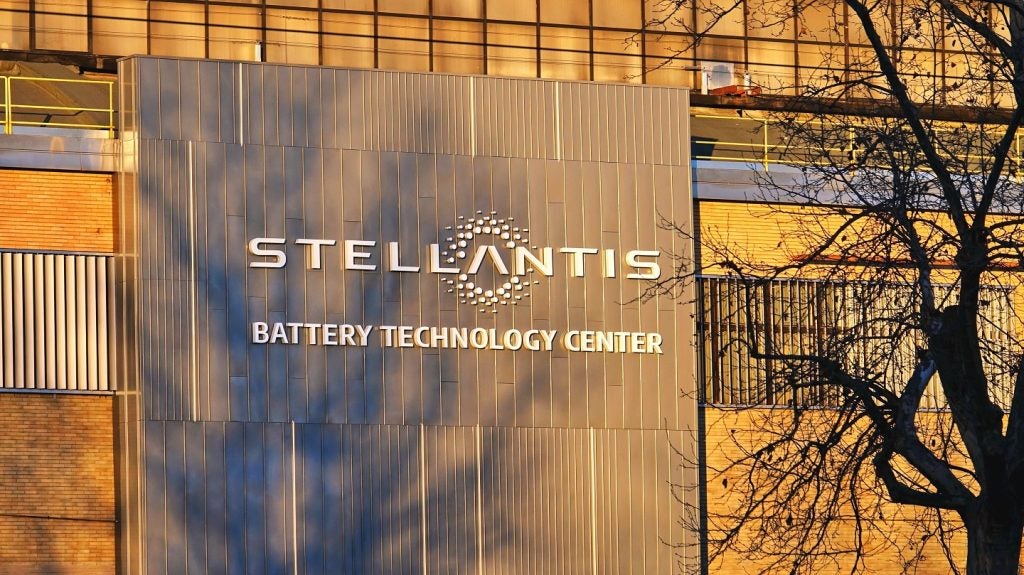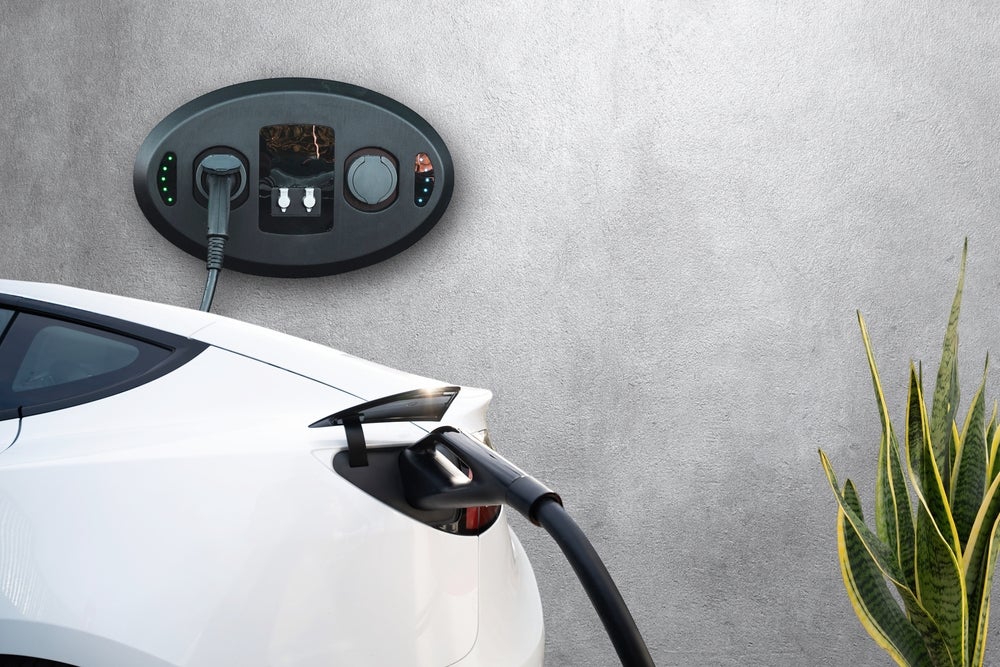Arval UK has argued that workers will benefit from a take-home salary boost by switching from a petrol or diesel to a company EV, which could help them manage inflationary pressure.
The saving in benefit-in-kind tax for employees who move o a company car scheme can be as much as £2,000 per annum, the company said.
According to Arval UK commercial director Joel Lund, for a 20% tax-paying employee with a company EV, the saving in benefit in kind tax tended to be between £1,000 – £2,000 per annum.
He noted: “Very low benefit-in-kind and the resultant lower tax deduction, has been a key factor in electric car adoption from the moment that it became available, but it has become even more decisive in the last few months.
“At a time when prices of ordinary goods and fuel are visibly rising by the month, a take-home pay increase of this kind has genuine value.”
In addition to tax savings, currently, the cost of personal mileage for an EV driver is reduced compared to someone driving a petrol or diesel car.
How well do you really know your competitors?
Access the most comprehensive Company Profiles on the market, powered by GlobalData. Save hours of research. Gain competitive edge.

Thank you!
Your download email will arrive shortly
Not ready to buy yet? Download a free sample
We are confident about the unique quality of our Company Profiles. However, we want you to make the most beneficial decision for your business, so we offer a free sample that you can download by submitting the below form
By GlobalDataFor an average motorist, it can easily run into hundreds of pounds every year.
“What we are seeing is both individual drivers and entire fleets, which may have been slow when it came to electrification, suddenly find impetus, which very much fits in with our stated corporate strategy of supporting our customers’ transition to electrified vehicles as soon as possible. And by employers enabling more employees to access electric cars through salary sacrifice, it’s also a more inclusive approach for all employees.”
The firm is said to have secured EV supply of several major models and hopes to enable benefit-in-kind savings for customers quickly.
In some categories, Arval UK claims to be almost 60% ahead of the SMMT’s reported overall fleet market in April when it comes to EV registrations.
Lund added: “At the prestige end of the market, which may be reserved for directors or senior staff, manufacturers generally have been able to offer more EV choices, but in the lower grades, the selection of models has been relatively limited.”
EV salary sacrifice can help beat cost-of-living crisis: Fleet Alliance
In a separate development, Fleet Alliance, a provider of fleet funding and fleet management to the SME and corporate sectors, reported that leasing an electric car through salary sacrifice can save up to 50% of the running costs compared to a personal contract hire (PCH) agreement.
Since the launch of Fleet Alliance’s salary sacrifice scheme at the start of this year, some 54 companies have taken advantage of the programme, which has been aimed primarily at SMEs, but is available to businesses of all sizes.
So far over 4,000 employees have been able to access this benefit and acquire a new electric car, saving thousands of pounds a year.
At the same time, a salary sacrifice EV can also deliver a fuel cost saving of around £2,000 per annum compared to a fossil-fuelled equivalent, the Glasgow-based fleet management and leasing specialist calculates.
To illustrate the point, Fleet Alliance looked at the running costs of an all-electric Mercedes-Benz EQC Estate 400 300kW Sport 80kWh 5dr Auto obtained through its salary sacrifice scheme, compared to the same car under a PCH agreement.
The full monthly price under the salary sacrifice arrangement was £681, including all servicing, maintenance – such as new tyres – and insurance. The price also took into account savings in Income Tax and National Insurance achieved from the reduction in gross pay before tax, while there is a negligible Benefit-in-Kind tax charge to pay, currently 2% for zero-emission vehicles.
However, the same vehicle under a PCH arrangement, based on three years/10,000 miles per annum, no deposit, one payment in advance, fully maintained and including insurance, would cost £1,354 per month – almost twice as much as the salary sacrifice vehicle.
Alphabet launches digital salary sacrifice offering
Also unveiling a salary sacrifice product for its corporate customers is Alphabet (GB) which it said was the latest addition to its contract hire portfolio, providing customers with the flexibility to offer all employees, including those who may not have been previously eligible for a company car, access to a range of new, fully maintained, multi-make and EV).
Accessible through an online quoting and ordering portal, Alphabet Salary Sacrifice allows participating employees to run as many quotes as they wish, and with the amount of salary ‘sacrificed’ and potential tax savings shown. The offering is designed for both businesses and employees; businesses have the potential to save on car allowances and Class 1A NI, while their employees can ‘sacrifice’ a fixed amount of their pre-tax salary each month in exchange for a new company EV, the business said in a press release.
BVRLA calls for keeping BiK tax rates low to support EVs uptake







